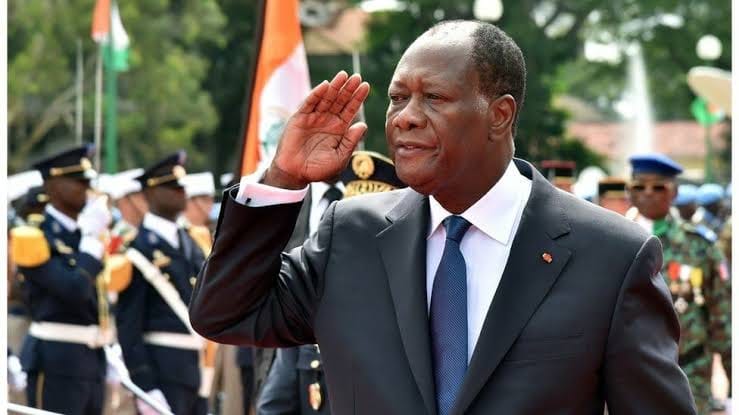Vote counting began in Ivory Coast on October 25, 2025, as President Alassane Ouattara appeared on course to secure a controversial fourth term. The election unfolded under tight security and political tension, with incidents of violence reported in several regions.
The 83-year-old leader, in power since 2011, was leading by significant margins in early results, particularly in northern regions, while opposition areas saw low turnout. Major opposition figures, including former President Laurent Gbagbo and ex-Credit Suisse CEO Tidjane Thiam, were barred from running, fueling protests and accusations of bias.
According to officials, turnout stood at around 50%, with at least six people killed and several injured during election-related clashes. Security forces had been heavily deployed nationwide to prevent unrest, and several protesters were arrested in Abidjan and other cities.
While supporters of Ouattara celebrated his expected victory, opposition leaders questioned the legitimacy of the vote, citing the exclusion of key candidates and low participation. Analysts warn that the outcome could deepen divisions between the country’s north and south.
Despite the tension, Abidjan remained relatively calm as results were tallied, with citizens expressing both relief and uncertainty. If confirmed, Ouattara’s new term would extend his rule to nearly 20 years, cementing his legacy but also testing the resilience of Ivory Coast’s fragile democracy.



